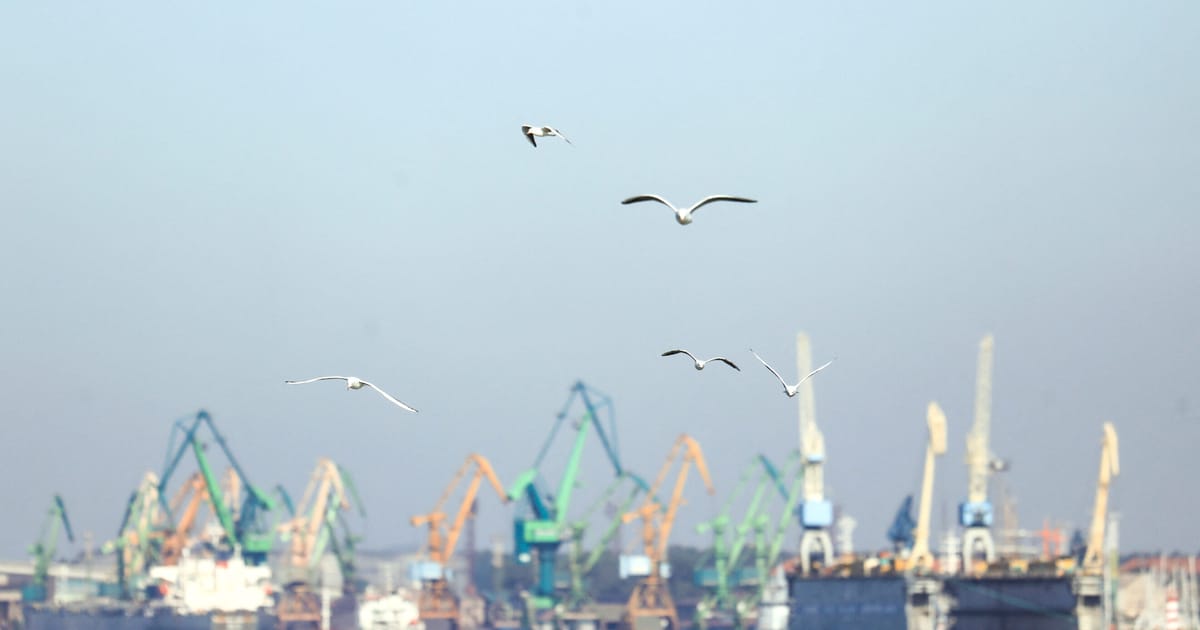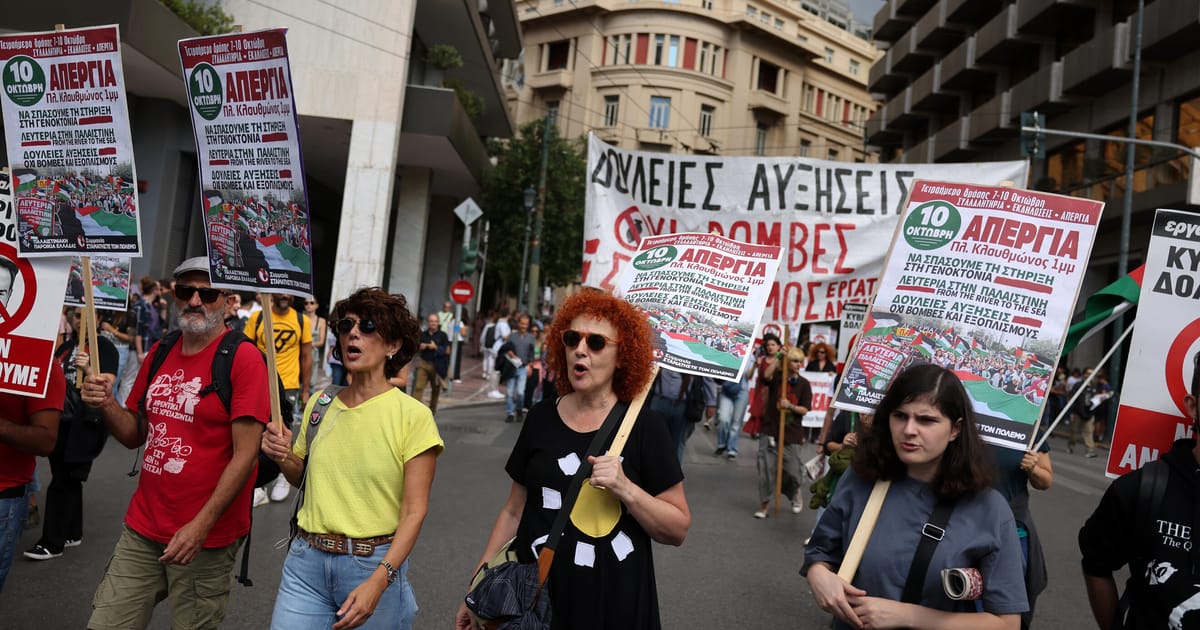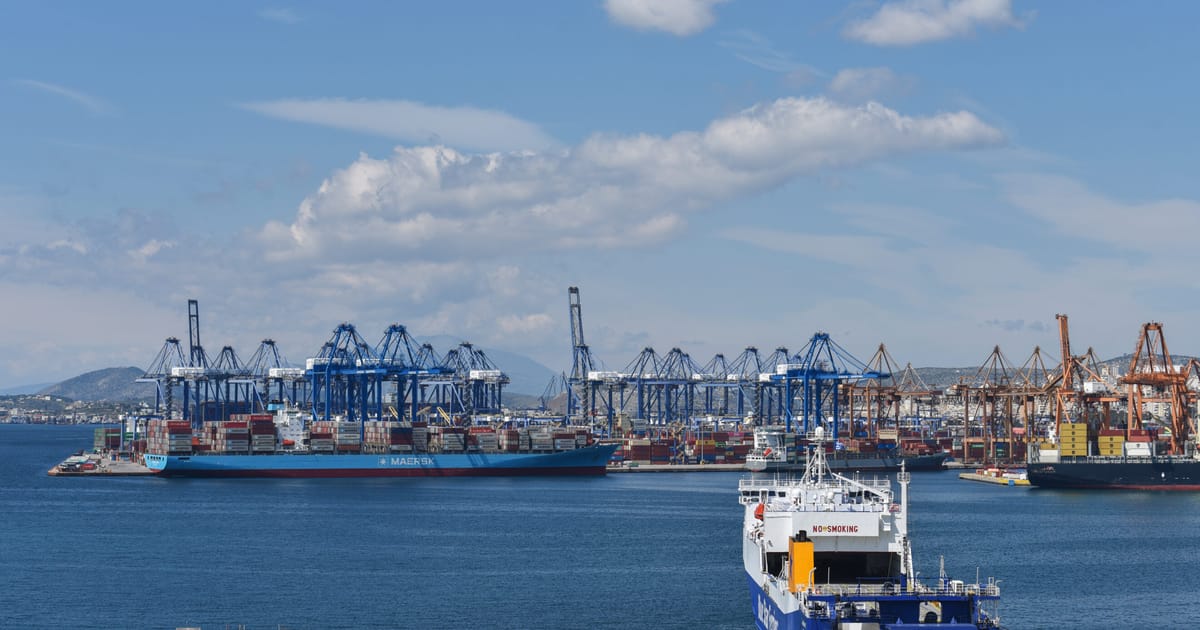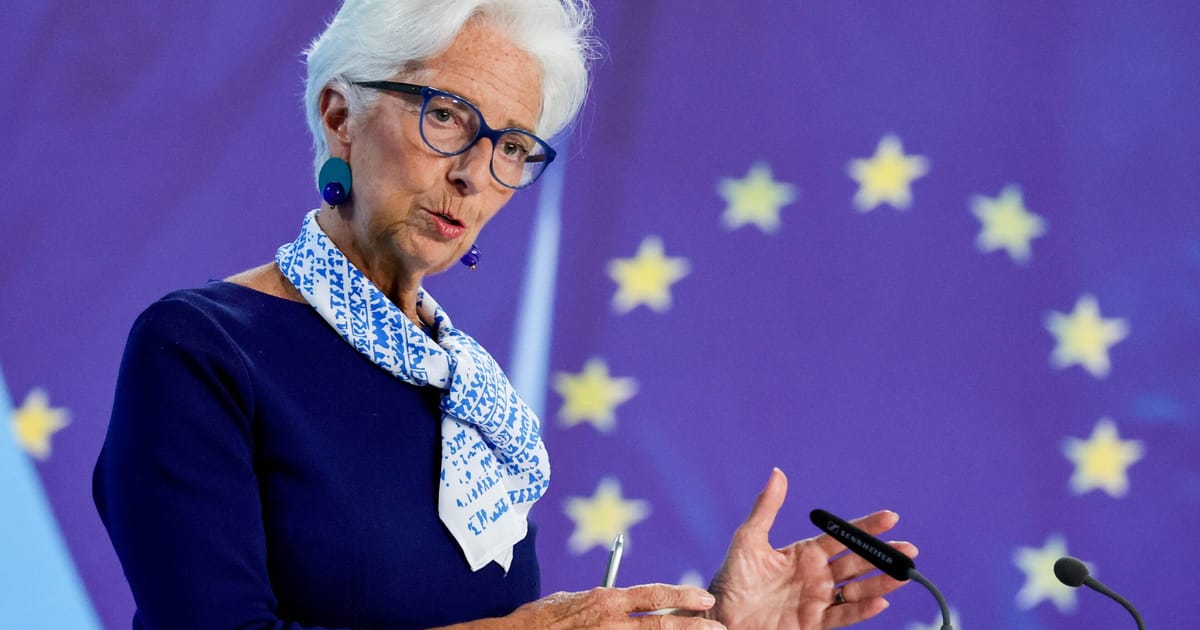Lithuania hopes to woo Trump with its anti-China stance
Source: POLITICO
It’s a “bold” policy “not quite aligned with other EU countries,” Raigirdas Boruta of Vilnius University’s Eastern Europe Studies Center told POLITICO. And a key objective of the policy is to keep the U.S. focused on European security.
Essentially, Lithuania’s hoping to curry favor and keep U.S. President Donald Trump committed to transatlantic defense by being the first to catch the mood in Washington and make its anti-China stance clear. But will the country succeed in winning him over — and converting its fellow EU members?
Lithuania has been in China’s crosshairs for several years now, perhaps since 2013, when it hosted the Dalai Lama and expressed solidarity with Tibet. Still, for a while, relations remained cordial and trade between the two countries multiplied. That is until 2019, when Lithuania worried its economic progress might be coming at the cost of national security.

Vilnius was worried that by giving Beijing access to its only deep water port, it would be handing a Russian ally a foothold in the country and strengthening an anti-European autocratic alliance. So, while China gained access to some of Europe’s key strategic assets by investing in ports all over the continent — from Germany and Belgium to Italy and Greece — Lithuania rejected a Chinese proposal to invest in the Klaipėda port.
The country’s politicians suspected Chinese money was a trap — a security threat to NATO. “We can’t afford that China controls Klaipėda port,” said then-Defense Minister Raimundas Karoblis. Beijing could “create obstacles for the arrival of military cargoes, military equipment, reinforcements” at times of crisis, such as a war with Moscow.
But the inflection point came later, in July 2021, when Lithuania approved the opening of a Taiwanese representative office in Vilnius, which China interpreted as a challenge to its claim over the island. In response, Beijing recalled its ambassador and downgraded diplomatic ties with Lithuania, while also deploying coercive economic tactics and imposing an unofficial trade embargo.
The original article: belongs to POLITICO .



